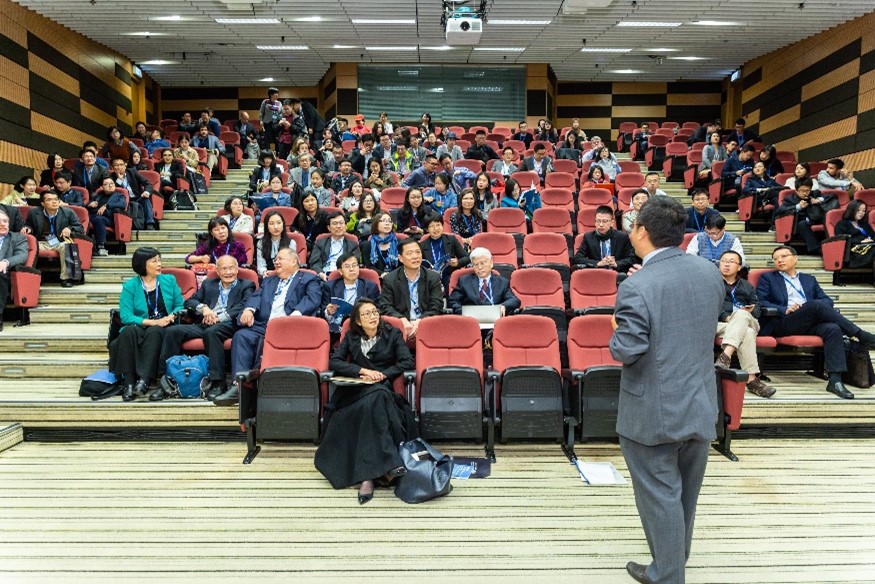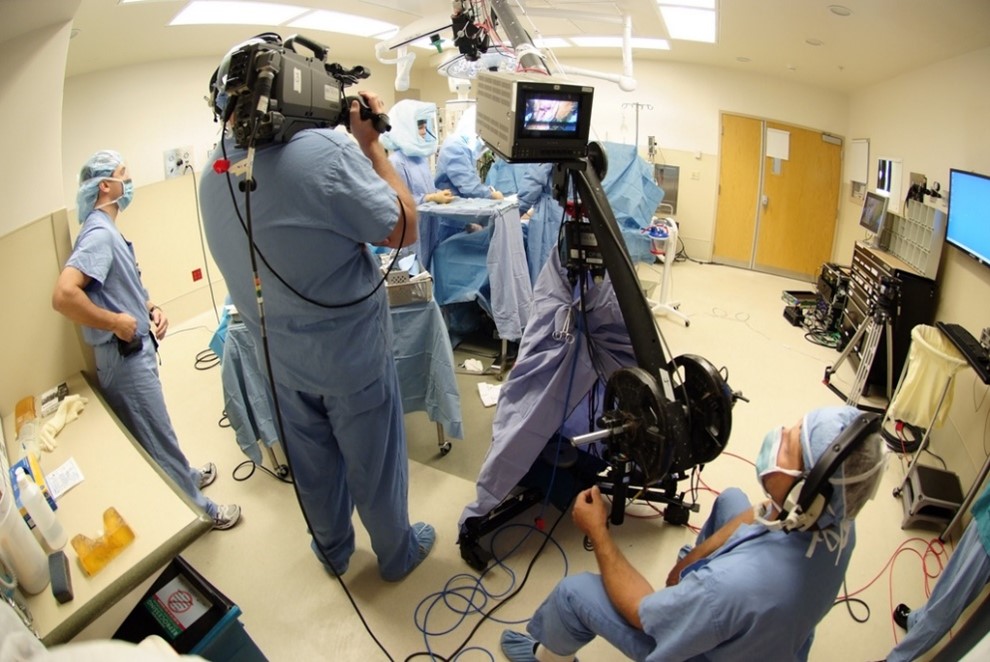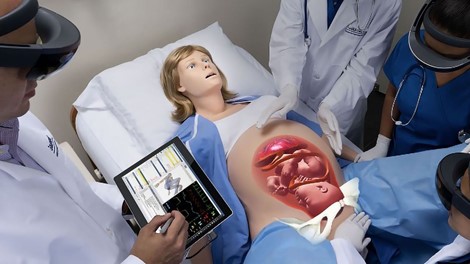Continuing medical education, or CME as it is better known, is a form of education that keeps physicians abreast of the latest research updates and best practices in their respective speciality fields. Medical professionals participate in CMEs to gain CME credits, which can be used to meet MOC requirements, license recertification, and maintain prestige and reputation amongst patients and physicians alike. As per the Medical Council of India’s announcement in 2011, physicians must attend a minimum of 30 hours of CME in 5 years to ensure recertification of their licenses.

The process of conducting and engaging physicians in best-in-class continuing medical education is often very tedious and expensive. Medical associations and other formally acknowledged bodies often take the help of pharmaceutical, medical device, or other MedTech companies to create and market the specialized courses in the best possible format and best possible faculty members.
A majority of CMEs are still provided via conferences, lectures, grand rounds, and hands-on workshops. Participation through committees and collaborative projects still accounts for less than 10% of all CME formats.
Debates and controversies pertaining to specific clinical procedures are best suited for a face-to-face CME so that physicians can openly discuss amongst themselves without any misunderstood or untrue scientific facts.

eCMEs are preferred when the topic of discussion is more geared towards filling individuals’ knowledge gaps and keeping up-to-date with the times.
Medical Education from gaming and simulation is a new emerging format in developed countries.
Healthcare professionals saw virtual medical training simulations as a distance learning replacement to apprenticeships that acquires diagnostic, surgical, and treatment administration skills in a risk-free environment, which can be later applied to real-world medical scenarios.

Technology platforms such as Facebook, YouTube, Auditoriums, Zoom, Skype, and other smart devices like smart glasses, the Raspberry Pi, GoPro, etc have been frequently used for LIVE surgery streaming in the world.

Exhaustive resources on desired clinical fields for physicians to refer and go through as and where required are often highly sought-after and mostly free of charge. However, some online medical education platforms have a subscription-based model – especially for speciality fields.
Digitally native CME gamification companies have piqued buyer interest through custom, practice-specific content creation, and interactive platforms.
Game-based learning enhances medical professionals’ engagement and retention of course material through repetitions and real-time feedback, according to the Society of International Urology (SIU).

The Medical simulation segment is expected to grow at a 14.6% CAGR between 2020 and 2025 to reach $3.8 billion globally, according to Markets and Markets. Specifically, the demand for preclinical simulations heightened to enhance clinical competence and reduce medical malpractice cases and diagnosis mistakes.
If you would like to organize CMEs, please contact us at rs@gungho.in or call us at +91 9711113787 for customized quotations.